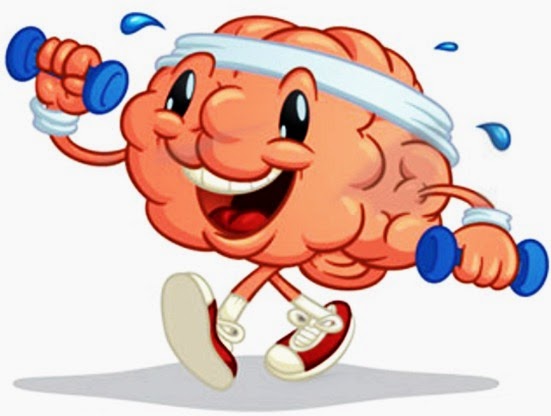News Desk |

Studies have shown that physical activity can reduce anxiety and depressive symptoms in some cases. However, the most recent study takes this effect one step further. The study, carried out by scientists from the University of Vermont in Burlington, investigated how an exercise regime might benefit inpatients at a psychiatric facility. They published their findings in the journal Global Advances in Health and Medicine.

When an individual arrives at a facility, doctors usually prescribe psychotropic medications. The patient also receives talking therapies, such as psychotherapy. Doctors monitor and tweak drug and therapy regimes until the patient improves enough to leave their care.
These facilities are often cramped, and patients often find them stressful. Stress can exacerbate mental health conditions, so it is essential to find ways to minimize discomfort and reduce the time people spend in these facilities.
Read more: Body Shaming and its effects on mental health
Lead author, Prof. David Tomasi, a lecturer, psychotherapist, and inpatient psychiatry group therapist designed an experiment that combined physical activity with information about healthful nutrition — building a holistic, drug-free intervention.

To investigate, him and his colleagues installed gym equipment in their inpatient facility, including rowing machines, exercise bikes, and aerobic steps. In all, they recruited 100 patients to take place in the trial. There was a cross-section of conditions represented in the sample, including bipolar affective disorder, borderline personality disorder, depression, generalized anxiety disorder, schizophrenia, and psychosis.
To gauge the impact of the gym activity, the researchers gave questionnaires to the participants just before and after the sessions. The surveys asked about levels of self-esteem, mood, and self-image. Overall, the findings were encouraging. After completing the bouts of physical activity, 95% of participants showed improvements in mood and self-esteem, compared with the questionnaire scores before the sessions.

Also, 91.8% of participants said that they were happy with how their bodies felt after the sessions. They also reported reductions in depression, anxiety, and anger. “The general attitude of medicine is that you treat the primary problem first, and exercise was never considered to be a life or death treatment option. Now that we know it’s so effective, it can become as fundamental as a pharmacological intervention.”
Importantly, 97.6% of participants said that following the session, they would like to exercise more often. In other words, the level of positivity was comparable between people with very different types of mental condition, from schizophrenia to major depressive disorder.
Although researchers will need to do follow-up work to identify precisely how much difference this type of holistic intervention can make, the findings are encouraging. It would be a significant step forward if doctors could assist individuals with the most challenging psychiatric conditions without using drugs.














